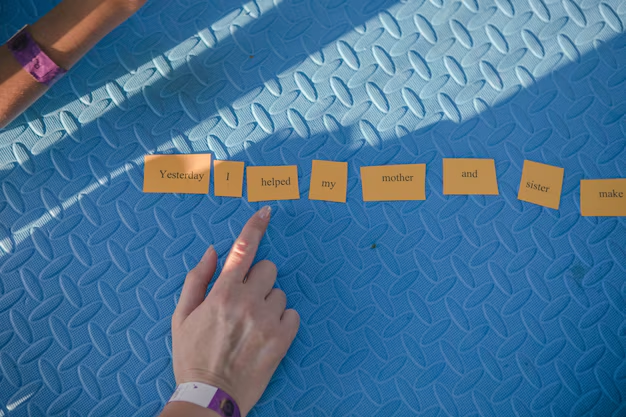Becoming a School Psychologist: Degrees, Certifications, and Licenses
Embarking on the journey to become a school psychologist is both rewarding and demanding, requiring a combination of dedicated study and practical experience. Typically, aspiring school psychologists begin with obtaining a bachelor's degree in psychology, education, or a related field. This foundation is crucial for understanding the basic principles of human behavior and development. However, to practice as a school psychologist, one must pursue advanced education, such as a Master's or an Education Specialist (Ed.S.) degree specifically in school psychology. These programs usually take an additional two to three years post-bachelor’s degree and integrate coursework with necessary hands-on training, including internships and practicums, to prepare students for real-world challenges.
Licensure is an essential part of the process, ensuring that school psychologists meet professional standards for practice. It involves passing the Praxis School Psychologist test and meeting state-specific requirements, which often include supervised experience or additional postdoctoral training. Furthermore, obtaining certification from the National Association of School Psychologists (NASP) is highly recommended as it signifies a nationally recognized standard of excellence and can open more doors, particularly for those looking to broaden their career opportunities. Pursuing these educational programs not only equips individuals for success in their future roles but also enhances their impact on students' educational and emotional development.
Pathway to Becoming a School Psychologist:
- 🎓 Bachelor's Degree: Psychology, Education, or related fields.
- 🎓 Graduate Degree: Master's or Education Specialist (Ed.S.) in School Psychology.
- 🧑🏫 Practical Training: Internships and practicums during graduate studies.
- 📜 Licensure: Required state license and passing the Praxis School Psychologist exam.
- ✅ Certification: National Association of School Psychologists (NASP) certification (optional but beneficial).

Related Topics
- Becoming A Psychologist
- Becoming A Psychologist
- Becoming Counseling Psychologist
- Criminal Psychologist Timeline
- Become LCSW
- Licensed Counselor Timeline
- Neuropsychologist Timeline
- Become A Psychologist
- Sports Psychologist Timeline
- Become Clinical Psychologist
- Become LCSW
- LCSW Timeline
- Social Worker Timeline
- Become A Psychologist
- Psychologist Timeline